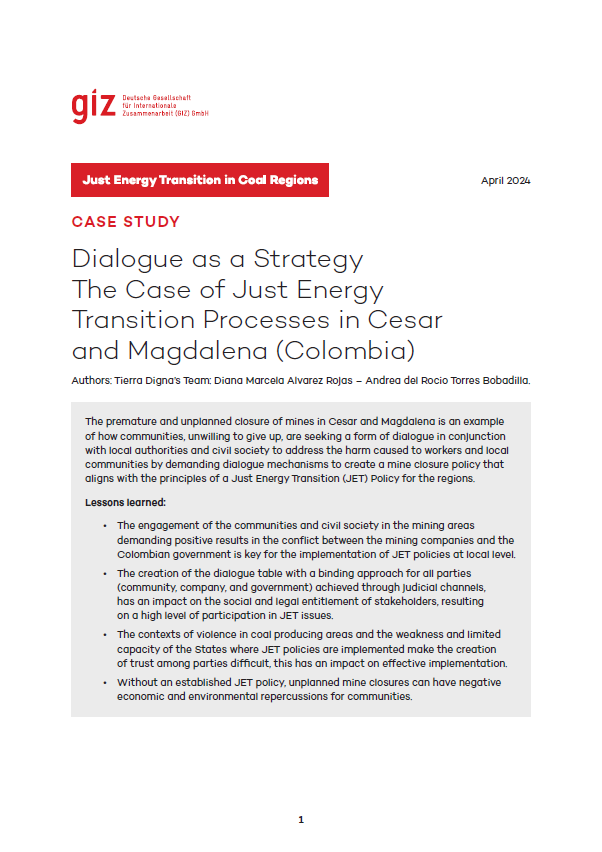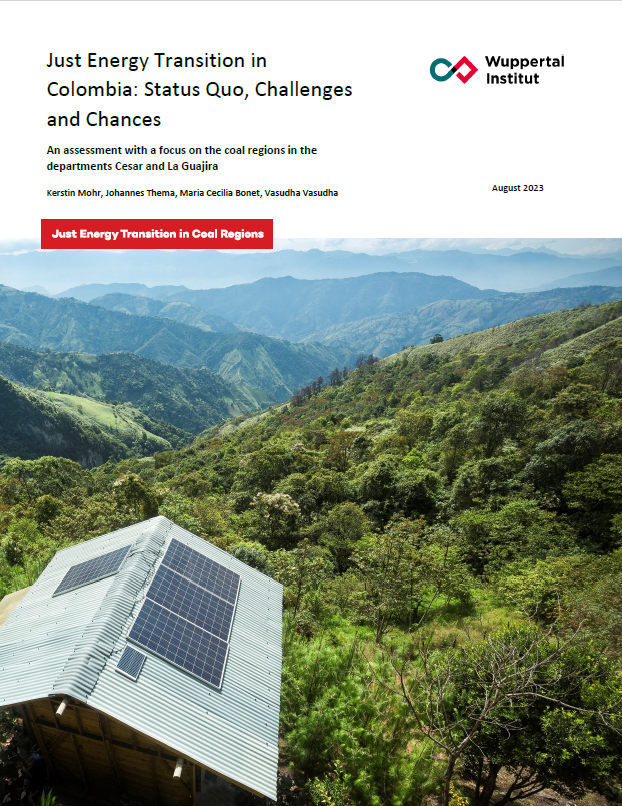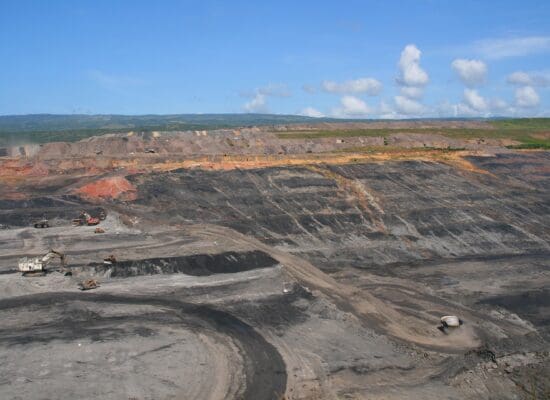Commentary
How Grassroots Organisations in Colombia Won a Constitutional Lawsuit to Democratise Mine Closures
Country:
Colombia,
Organisation:
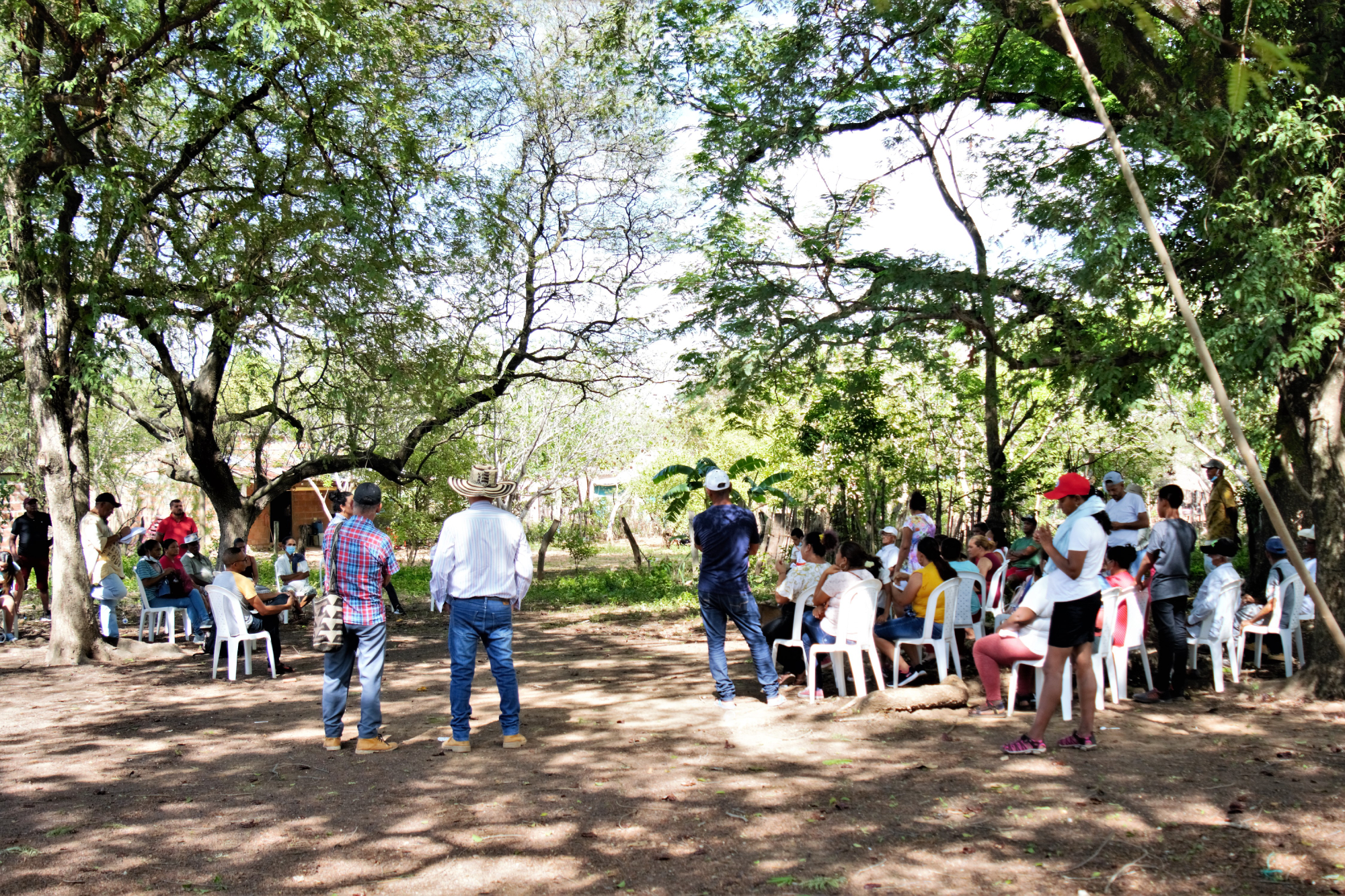
“We want to be heard… help us heal our territories” was the rallying cry of a campaign led by communities and workers in Cesar, Colombia, in response to the unexpected closure of two coal mines in their region. The phrase reflects the sentiment shared by 12 Indigenous, Afro-descendant, and farmer organisations in the direct impact zone of the Calenturitas and La Jagua mines, and by the country’s two most prominent coal workers’ unions. In 2022, these groups united to form the Committee for Territorial Defence and a Just Transition[1] to restore their territory after 30 years of coal exploitation and to demand real participation in Colombia’s first coal mine closure.
Large-scale coal mining operations began in Cesar in the 1980s. Across more than 12,000 hectares of land, multinational companies—Drummond, Glencore, and Colombian Natural Resources—opened eight open-pit coal mines, making Cesar the largest producer of coal in Colombia with an average annual production of 48 million tonnes (between 2012 and 2020). The mining activities are primarily in the municipality of La Jagua de Ibirico, with extended railway and port infrastructure reaching the department of Magdalena.
The 2021 closures violated agreements, were unplanned, and led to the loss of over 1,200 directly related jobs and 5,000 indirectly related jobs between 2021 and 2022.
In Cesar, coal mining quickly became the region’s main economic driver, drastically changing the territory’s landscape and people’s way of life. Before mining, local communities made a living from agriculture—cultivating cotton, corn, and livestock. Their cultural practices, rooted in harmony with nature, influenced the Vallenato folk music genre and culture. The coal boom triggered an environmental crisis, with the diversion and pollution of rivers leading to water scarcity, air pollution from coal dust leading to public health issues, and mine expansion leading to less land suitable for farming.
Against this backdrop, an unexpected event occurred in 2021: the La Jagua and Calenturitas mines were closed ahead of schedule after nearly 30 years in operation. Under closure plans agreed between the Colombian government and Prodeco (a Glencore subsidiary) in 2016, the mine closures were set to begin in 2019 and conclude by 2028 for La Jagua and by 2032 for Calenturitas.[2] The 2021 closures violated these agreements, were unplanned, and led to the loss of over 1,200 directly related jobs and 5,000 indirectly related jobs between 2021 and 2022. In addition, the Colombian state and, in particular, local governments, lost out on royalty payments they had counted on. For instance, La Jagua de Ibirico, a municipality that hosted 95% of La Jagua and Calenturitas operations, relied on these royalties for around 85% of its revenue, further deepening the economic, social, and environmental crisis.
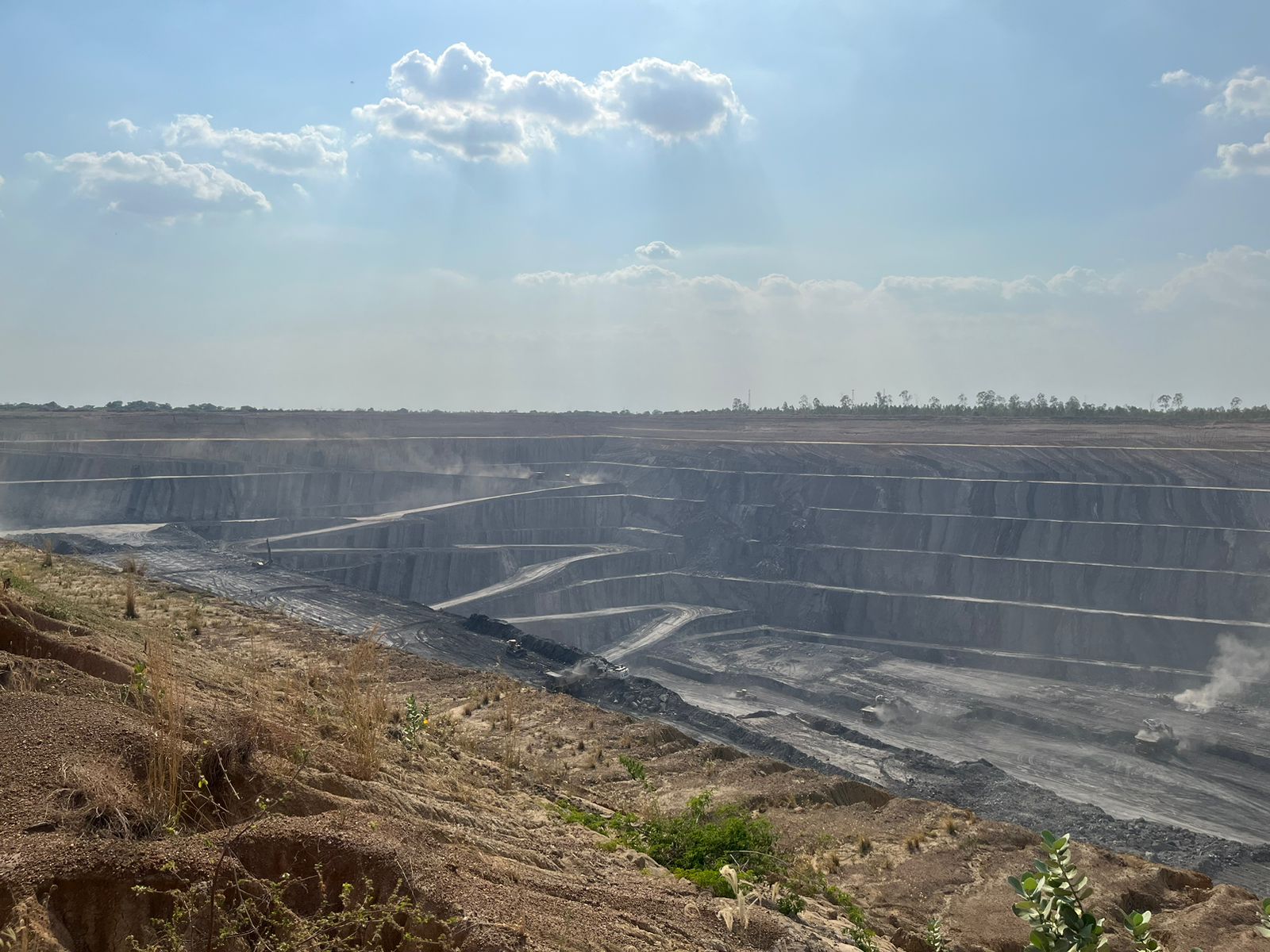
In response, the 14 affected organisations united to form the Committee for Territorial Defence and a Just Transition and initiated a legal challenge in 2022, demanding participation in the closure plan process. Their lawsuit called for the creation of a broad negotiation and dialogue platform with all stakeholders—companies, the State, communities, and workers—to define compensation and the environmental, social, and economic restoration measures that Prodeco-Glencore should be required to implement over the next decade. This legal action marked the first time in Colombia that communities demanded the democratisation of mine closure processes within the framework of a just energy transition.
Their first major legal victory came at the end of 2022 when judges from Valledupar’s Seventh Administrative Court (in the region’s capital) and the Cesar Administrative Tribunal ruled in favour of the committee. They ordered the creation of a broad public dialogue table and appointed Colombia’s Ombudsman’s Office and the Attorney General’s Office as official monitors of the process.
However, there were numerous barriers to implementing this judicial ruling. Prodeco-Glencore adopted a narrow view of community participation and failed to fully implement the mandated dialogue platform, violating the 2022 ruling. Matters worsened when Prodeco-Glencore filed a multimillion-dollar lawsuit against Colombia before the International Centre for Settlement of Investment Disputes (ICSID) in November 2023, further stalling policy development around mine closures and community participation. Meanwhile, the Colombian authorities were unprepared for addressing the resulting socio-economic crisis, while rising armed conflict in the mining region between 2023 and 2024 led to threats and attacks against eight leaders of the dialogue platform and the lawyer handling the case.
This legal action marked the first time in Colombia that communities demanded the democratisation of mine closure processes within the framework of a just energy transition.
Despite these challenges, the organisations of the committee persisted in their fight for justice. On 4 February 2025, Colombia’s Constitutional Court—the country’s highest judicial authority—issued ruling T-029 of 2025 to affirm that community participation processes must be guaranteed before mine closure plans are finalised. The court upheld the 2022 ruling and reiterated that the mining company must establish a broad platform for dialogue to not only inform but also reach agreement with all affected sectors on the measures to be included in the closure plan.
Following this historic decision for Colombia’s energy transition, Prodeco-Glencore finally convened a broad participatory process with dialogue tables to agree on the compensation and restoration measures to be included in the closure plans for both mines in March 2025—two years after the initial ruling.
Today, after four years of relentless effort, the committee continues to raise its voice with dignity to demand that rivers are restored and decontaminated, mining lands are returned to the communities that are affected most, solutions to the public health crisis are found, destroyed ecosystems are reforested, and genuine community development and job retraining programmes are created. Through its coordinated actions, the committee has shown its commitment to breaking the region’s dependence on mining and supporting a truly just energy transition.
Lea el artículo en español.
Roció Torres Bobadilla is a lawyer from the National University of Colombia and a candidate for a master’s degree in economics. She is a co-founder of the Center for Social Justice Studies Tierra Digna, with over 14 years of litigation and research experience in environmental law, patents, business and human rights, and rights of nature. Currently, she is a consultant and litigator who practises independently in defence of Indigenous, farmer, and Afro-descendant communities in cases before large transnational corporations. She was the lawyer who litigated the Glencore/Prodeco case before the Constitutional Court, achieving the ruling T-029-2025 on behalf of the communities and workers affected by the mine closures.
[1] This Committee is made up of: the Boquerón Community Action Board; the Afro-descendant Community Council Coafrovis de la Victoria de San Isidro; the Women’s Network of the Municipality of El Paso; the Farmers Assembly of Cesar; the Association of Farmerst Users (ANUC) El Paso; the National Union of Coal Workers (Sintracarbon); the National Union of Workers in the Mining Energy Industry (Sintramienergetica); Secretary of the Soroka Reservation of the Yukpa Indigenous People; Caño Candela de Becerril Community Council; Junta de Acción Comunal del Barrio Don Jaca in Santa Marta; the Mayor of Cordobita in Ciénaga (Madgalena), the social leader of the village of El Hatillo; and the social leader of the Juntas de acción comunal de la Jagua de Ibirico.
[2] The National Environmental Licensing Agency (ANLA) issued orders 09379-05 and 11384 in 2021 to review the closure plan of the Calenturitas and La Jagua mines.
Stay Informed and Engaged
Subscribe to the Just Energy Transition in Coal Regions Knowledge Hub Newsletter
Receive updates on just energy transition news, insights, knowledge, and events directly in your inbox.
